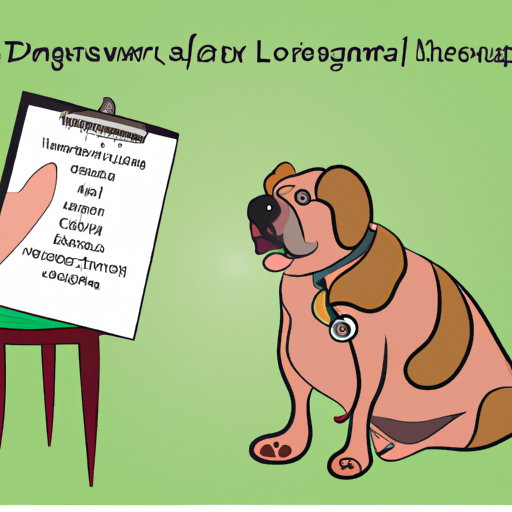Addison’s Disease, or hypoadrenocorticism, is a serious and potentially life-threatening condition that impacts a dog’s adrenal glands. As a caregiver, it’s pivotal to understand what this disease entails, the signs to watch out for, and the possible treatment options. This guide will walk you through everything you need to know.
Understanding Addison’s Disease
Addison’s Disease occurs when your dog’s adrenal glands fail to produce enough hormones, specifically cortisol and aldosterone. These hormones play a vital role in maintaining your dog’s overall health. Cortisol helps your dog cope with stress, while aldosterone helps regulate the balance of salt, potassium, and water in your dog’s body.
Recognizing the Symptoms
Recognizing Addison’s Disease can be a challenge, as the symptoms can be vague and often mimic other conditions. Here are some signs to look out for:
- Loss of appetite
- Lethargy
- Weight loss
- Vomiting and diarrhea
- Increased thirst and urination
- Muscle weakness
If you notice these symptoms, it’s essential to consult your vet immediately.
The Diagnosis Process
The diagnosis of Addison’s Disease involves several steps:
-
Initial Examination: This involves a physical examination and a complete medical history of your dog.
-
Blood and Urine Tests: These tests are done to check for changes in your dog’s electrolyte levels and kidney function.
-
ACTH Stimulation Test: This definitive test measures your dog’s response to a hormone called ACTH.
| Test | Description |
|---|---|
| Initial Examination | Physical examination and medical history |
| Blood and Urine Tests | Check electrolyte levels and kidney function |
| ACTH Stimulation Test | Measures response to ACTH |
Treatment Options
Treatment for Addison’s Disease involves hormone replacement therapy to replace the missing cortisol and aldosterone. This typically involves:
-
Oral Medications: These are taken daily to help maintain your dog’s hormone levels.
-
Injectable Medications: These are usually given every 25 to 30 days.
Your vet will determine the best treatment plan for your dog.
Managing Your Dog’s Condition
Living with a dog with Addison’s Disease can be challenging, but with proper care and management, your dog can live a full and happy life. Here are some tips:
- Ensure regular follow-ups with your vet.
- Keep a close watch on your dog’s diet and exercise.
- Be vigilant for any changes in your dog’s behavior or health.
Frequently Asked Questions
Q1: Is Addison’s Disease contagious?
No, Addison’s Disease is not contagious. It is a hormonal disorder that cannot be passed from one animal to another.
Q2: Is there a cure for Addison’s Disease?
While there is no cure for Addison’s Disease, it can be managed with lifelong medication and regular vet check-ups.
Q3: Can Addison’s Disease be prevented?
Currently, there are no known preventive measures for Addison’s Disease as it is usually caused by an autoimmune response. Regular vet check-ups can help in early detection and management.
Remember, as a caregiver, your awareness and understanding of Addison’s Disease can make a significant difference in your dog’s life. Stay informed, stay vigilant, and provide the best care possible for your furry friend.



